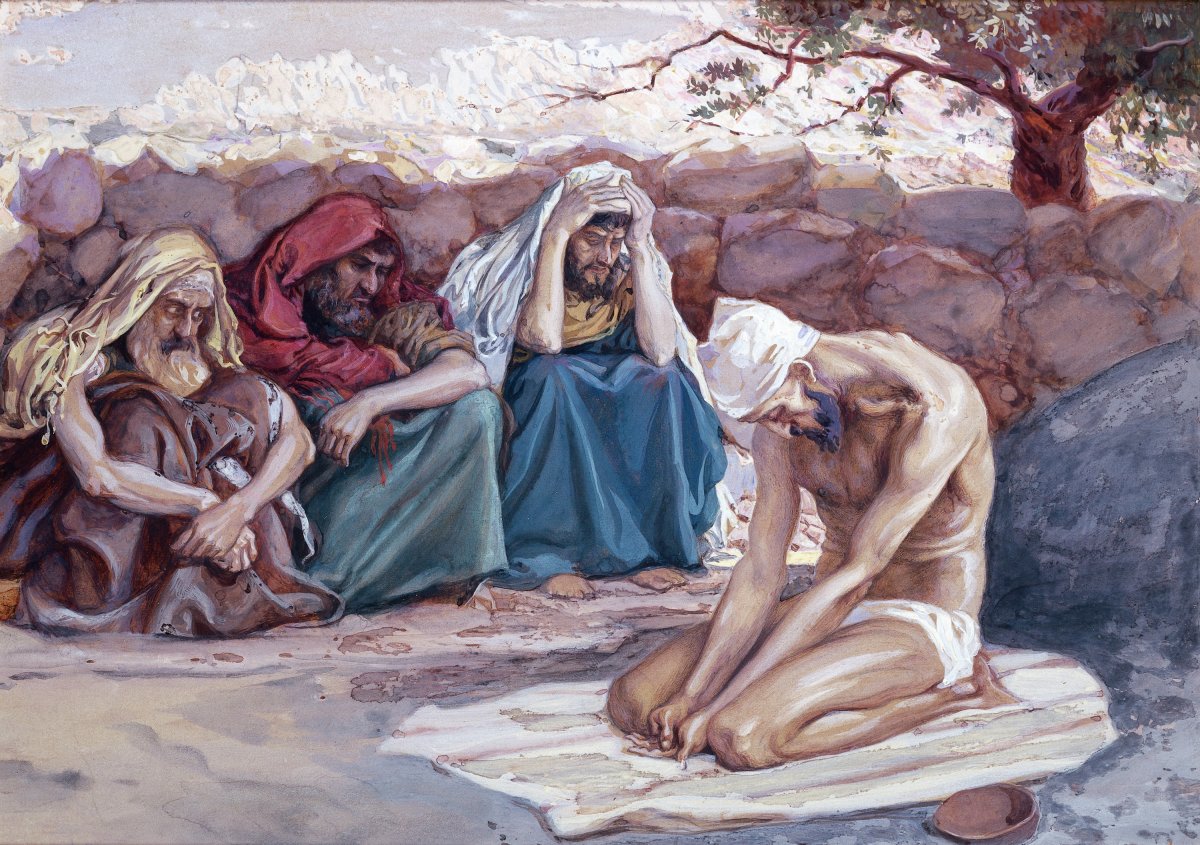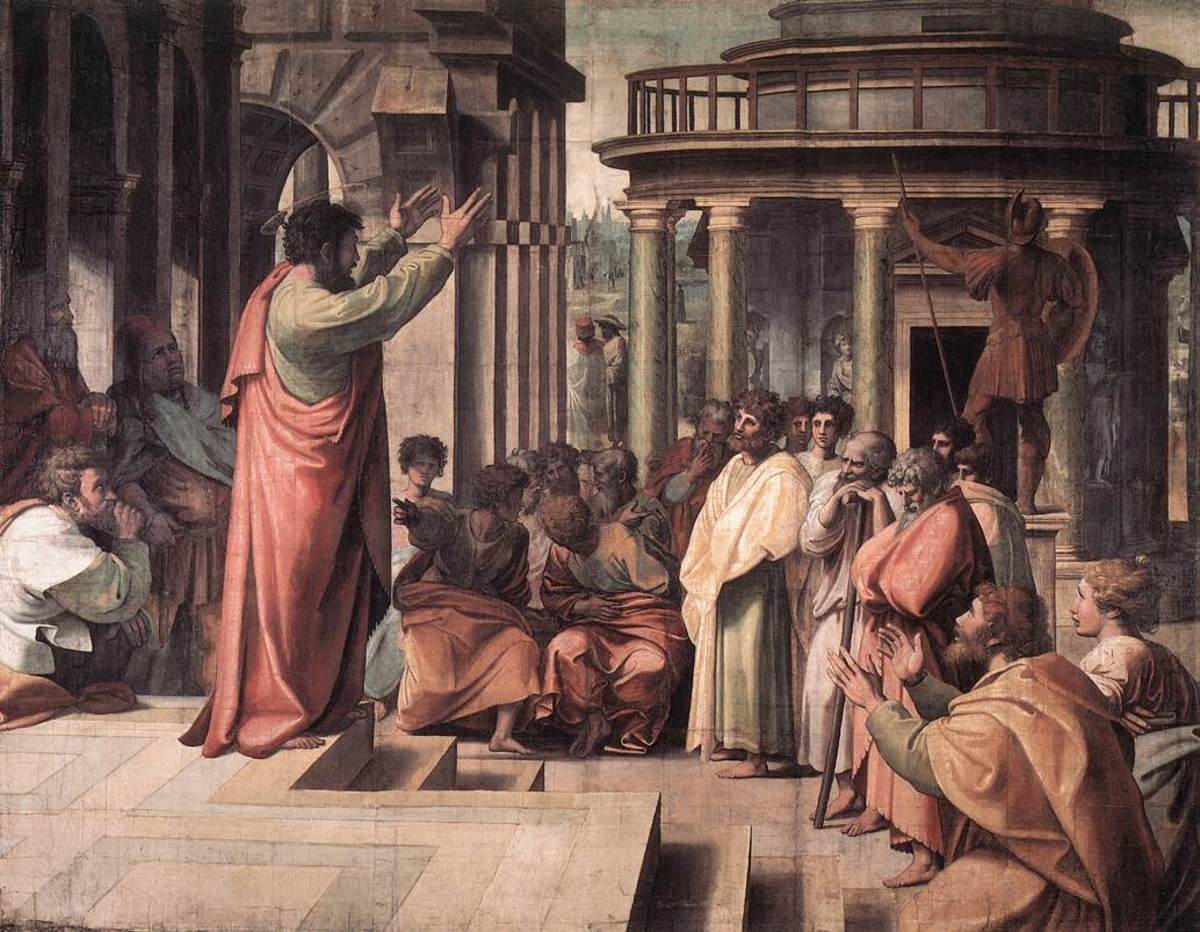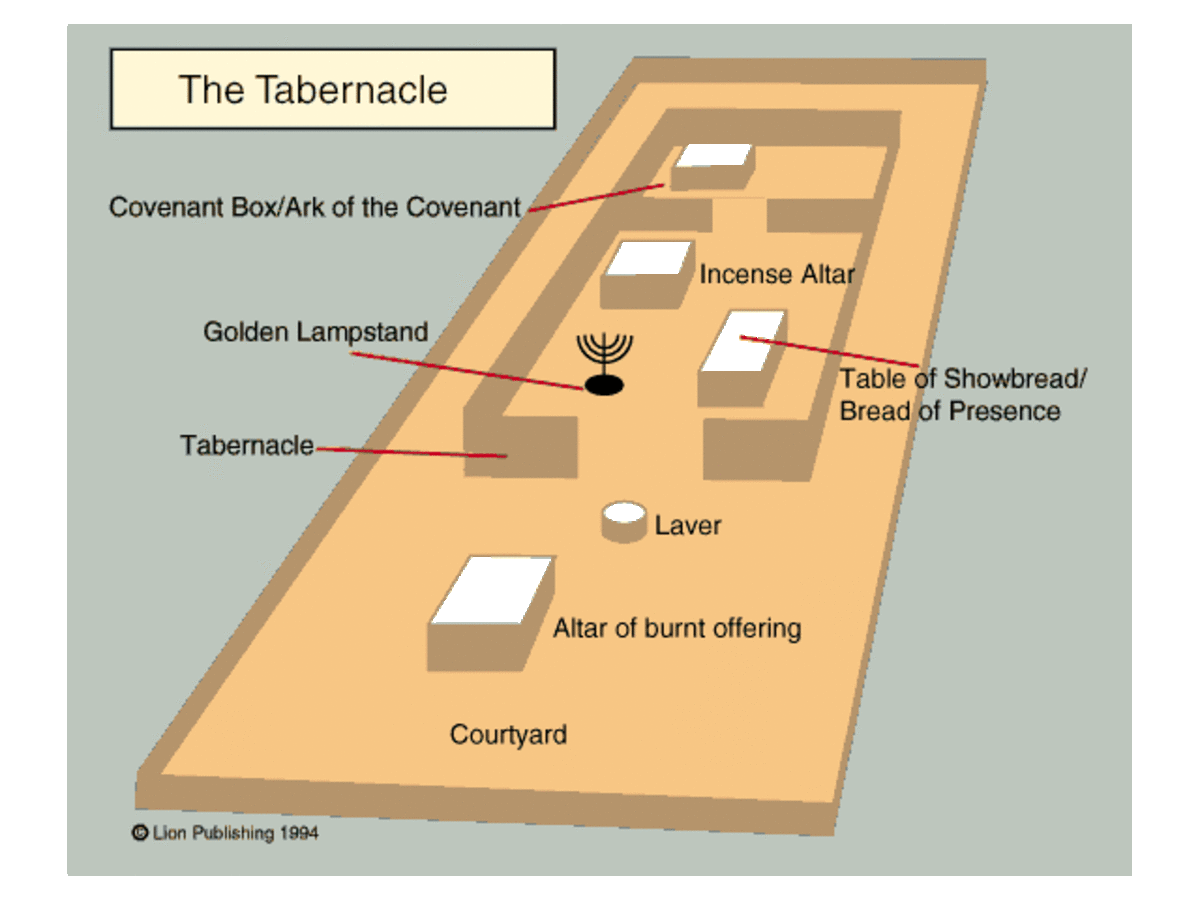Enjoying Christ as the Unleavened Bread

God's Original Intention
God is good for food! This is the primary revelation of the Bible. God in Christ as the Spirit can flow into us as spiritual food with the goal of transforming us to be His many sons (Rom 8:28-30). Amazing! The Old Testament shows us, in picture form, how to feast on Christ. Seven feasts are described in Leviticus 23. In this second of a series I explore the second feast---the feast of Unleavened Bread.
When God created mankind in Genesis, we see that the first thing God was concerned with was what man would eat. He placed man in front of the Tree of Life, with a warning:
16 The Lord God commanded the man, saying, “From any tree of the garden you may eat freely; 17 but from the tree of the knowledge of good and evil you shall not eat, for in the day that you eat from it you will surely die.” (Gen 2)
This is a picture of the entire purpose of God. His purpose was that mankind would take God in as his food, as his life supply. The Tree of Life (Gen 2:9) symbolizes God as Life entering into man, so God could become his content, his substance, and his expression. In this way we would have the image and dominion of God (Gen 1:26). The other tree, the Tree of Knowledge of Good and Evil, was actually the Tree of Religion: promising good and evil discernment, as every religion claims to do, but actually delivering only death.
Christ as Our Food, Not Religion
Of all the religions on the earth, Judaism was the one given by God. All the rest are human imaginations. The essence of that religion is the Law. The Law gives mankind the knowledge of good and evil, so that he would try his best to do good and avoid evil, based on his own power. Saul of Tarsus, who became the Apostle Paul, was a strict adherent of that religion. What was his experience of eating that tree of knowledge?
21 I find then the principle that evil is present in me, the one who wants to do good. 22 For I joyfully concur with the law of God in the inner man, 23 but I see a different law in the members of my body, waging war against the law of my mind and making me a prisoner of the law of sin which is in my members. 24 Wretched man that I am! Who will set me free from the body of this death? (Rom 7)
Eventually, he found Christ as the Tree of Life, and learned to feed on Him as the Bread of Life:
“Therefore there is now no condemnation for those who are in Christ Jesus. 2 For the law of the Spirit of life in Christ Jesus has set you free from the law of sin and of death. 3 For what the Law could not do, weak as it was through the flesh, God did: sending His own Son in the likeness of sinful flesh and as an offering for sin, He condemned sin in the flesh, 4 so that the requirement of the Law might be fulfilled in us, who do not walk according to the flesh but according to the Spirit.5 For those who are according to the flesh set their minds on the things of the flesh, but those who are according to the Spirit, the things of the Spirit. 6 For the mind set on the flesh is death, but the mind set on the Spirit is life and peace.” (Rom 8)
This was the only way to fulfill the righteous requirements of the Law. When we feed on Christ, we get Christ, and His life becomes ours (Gal 2:20).
35 Jesus said to them, “I am the bread of life; he who comes to Me will not hunger, and he who believes in Me will never thirst….51 I am the living bread that came down out of heaven; if anyone eats of this bread, he will live forever; and the bread also which I will give for the life of the world is My flesh….57 As the living Father sent Me, and I live because of the Father, so he who eats Me, he also will live because of Me…63 It is the Spirit who gives life; the flesh profits nothing; the words that I have spoken to you are spirit and are life.” (John 6)
The Tree of Knowledge of Good and Evil, was actually the Tree of Religion: promising good and evil discernment, as every religion claims to do, but actually delivering only death.

Eating the Unleavened Christ
After we experience Christ as the Passover Lamb, we need to continually eat Him as the Bread of Life. He is not just any bread….He is unleavened bread.
Leaven is yeast, which ferments in bread, producing bubbles of carbon dioxide. This raises the bread, and makes it soft and airy, easy to chew. Sounds good. But the Bible likens leaven to sin and unhealthy teachings, and both Jesus and Paul call us to avoid leaven:
6 And Jesus said to them, “Watch out and beware of the leaven of the Pharisees and Sadducees….How is it that you do not understand that I did not speak to you concerning bread? But beware of the leaven of the Pharisees and Sadducees.” 12 Then they understood that He did not say to beware of the leaven of bread, but of the teaching of the Pharisees and Sadducees.” (Matt 16)
“Your boasting is not good. Do you not know that a little leaven leavens the whole lump of dough? Clean out the old leaven so that you may be a new lump, just as you are in fact unleavened. For Christ our Passover also has been sacrificed. Therefore let us celebrate the feast, not with old leaven, nor with the leaven of malice and wickedness, but with the unleavened bread of sincerity and truth.” (1 Cor 5:6-8)
Sin is often a delicious tasting experience to many, which is why we are so tempted. The same is true for unhealthy teachings about God. The teachings may sound nice to our ears, such as the so-called “prosperity gospel,” but they only bring spiritual death. The prosperity gospel holds that God wants to give you whatever you want to make you happy. This is soft, fluffy, airy bread. The true teaching of God, which is harder to chew, yet more nourishing, is that following Christ requires us to deny everything, including our own self, and to expect tribulations and suffering in our life (Mark 8:34; Rom 8:17; Acts 14:22).
The way to eat this bread is by realizing Christ today is the Life-giving Spirit, who is embodied in the word of God. We have a human spirit, which is our spiritual organ to eat this bread. Our mind or emotions, while always involved in experiencing Christ, are not the very eating organ. Our spirit needs to be exercise, engaged, and enlivened by His living word every morning to enjoy this bread
Eating Jesus the Bread
Who is Jesus today? He is the bread of life, who can enter into us, even every day, as our daily supply. The most basic prayer, the “Lord’s prayer,” says “give us this day our daily bread, and forgive us our trespasses” (Luke 11:3-4). This phrase embodies the Feast of Unleavened Bread. We are to eat daily, which means our entire life, this bread. The Feast of Unleavened Bread lasted seven days, symbolizing a complete period of time, meaning our whole life. Also, this bread is connected to forgiveness of trespasses. This speaks of the unleavened nature of this bread. This bread, which is the sinless Jesus Himself, becomes our enjoyment and supply, and at the same time shines on us about our sinful life, and brings us into repentance and forgiveness. This bread is all-inclusive! It supplies us with all we need. The very Person and Work of Christ is embodied in every bite. We get supplied with the redemption of Christ, that cleanses us from our sins in His blood, freeing us from the guilt of sin. And the resurrected Person of Christ strengthens us to be free from the power of sin. As the old hymn says “Be of sin the double cure---save me from its guilt and power.” The ingredients of this feast are Christ Himself!
Indeed the feast of Passover includes the Feast of Unleavened Bread. While we can call them two feasts, they are just one (Deut 16). God’s goal is that we enjoy Christ, every day and every moment, both as our salvation from sins due to His death on the cross (the blood of the Passover lamb) as well as our daily salvation from sin by His nourishing and empowering Life (the unleavened bread). Unfortunately, it is quite possible, and all too common, to find believers who have taken the blood of the Passover, but still live their old life. They are Christians who are living in Egypt. Even after Israel left Egypt, and were eating the new bread from heaven, manna, they still longed for their old Egyptian diet of leeks and onions (Num 11:5). We also need to be reconstituted with the Holy Spirit so our taste for the divine things will increase, and those of the world decrease. (Titus 2:11-15)
The Way to Enjoy Christ
In Leviticus chapters 1 to 5, we see another picture of Christ in the offerings (see Hebrews 10). One of them was the Meal Offering (Lev 2). This offering also is a picture of Christ as our daily bread. The bread of this offering was made of fine, unleavened flour, mingled with oil, and laced with incense. When we feed on this bread every morning, we get Christ’s perfectly fine humanity (the flour) which is mingled with His glorious divine nature (the oil), which is aromatically saturated with His prayers (the incense—see Rev 5:8). There is no leaven---no sin or unhealthy teachings – in this food. Just like organic food, He has no man-made additives!
The way to eat this bread is by realizing Christ today is the Life-giving Spirit (1 Cor 15:45; 2 Cor 3:17), who is embodied in the word of God (John 6:63; Col 3:16). We have a human spirit, which is our spiritual organ to eat this bread (John 4:24; Jer 15:16) . Our mind or emotions, while always involved in experiencing Christ, are not the very eating organ. Our spirit needs to be exercise, engaged, and enlivened by His living word every morning to enjoy this bread. Call or get together with another believer just to enjoy a verse or two of His word. This daily exercise will change your life. As we feed on Christ, in His fine uplifted humanity, He can transform us into His image (2 Cor 3:17-18). He is so good!
“Just taste and see that the Lord is good!” (Psalm 34:8)
“Therefore, putting aside all malice and all deceit and hypocrisy and envy and all slander, 2 like newborn babies, long for the pure milk of the word, so that by it you may grow in respect to salvation, 3 if you have tasted the kindness of the Lord.” (1 Peter 2)
"Yes, God is Good for Food"
- Hymn: God gave His Son to man to be
Christian hymns and spiritual songs with wonderful truths and music.}
Next: Enjoying Christ as the First Fruit
- Enjoying Christ as the First Fruits
Christ is the God-man, whom God imparted into us to enjoy and become one with. In this third part of a series, we see how to enjoy Christ as the Feast of First Fruit. His rich virtues in us become the enjoyment of God and man as we live Him out.








